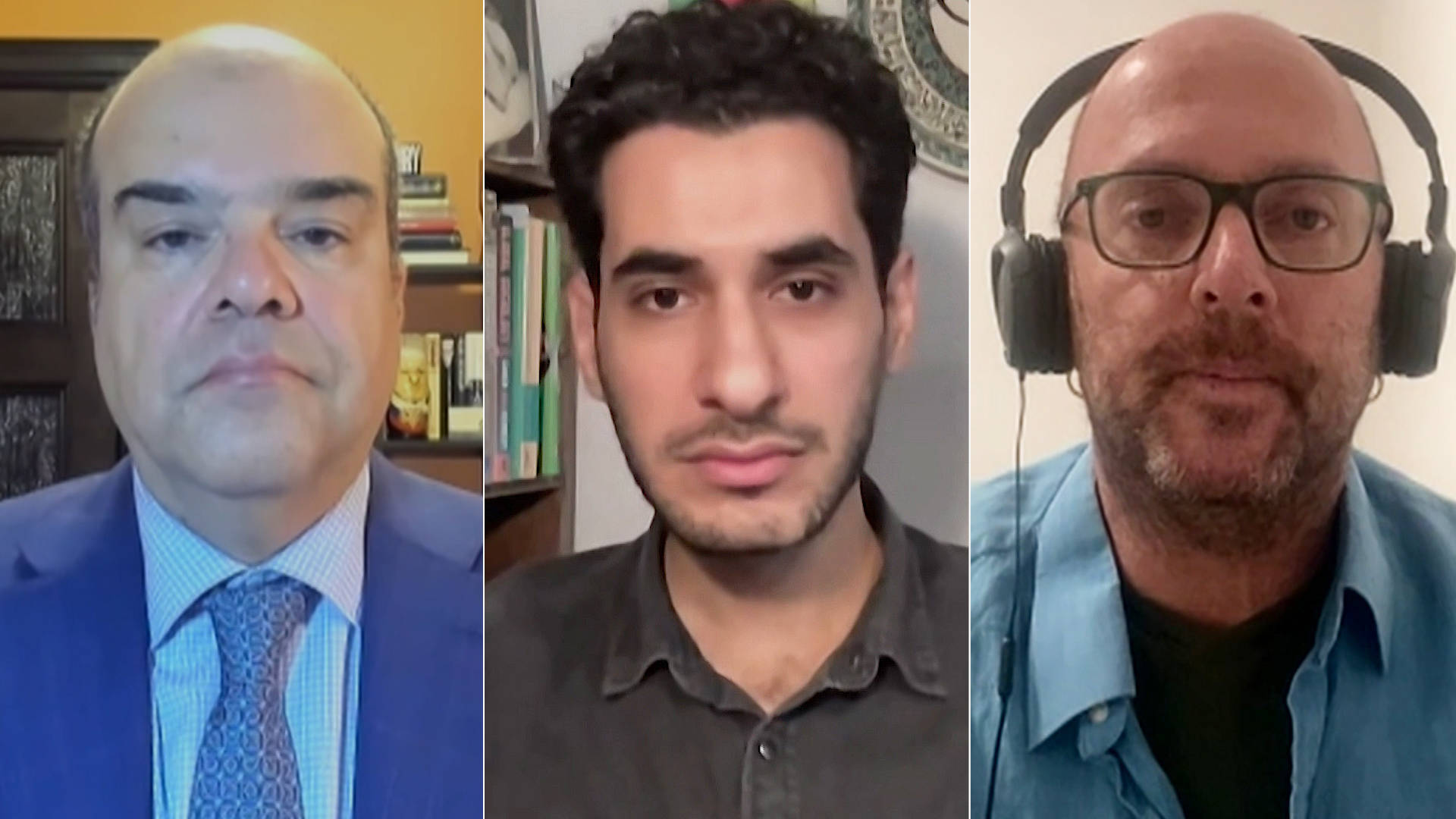
""We're now at a fork in the road," says Mouin Rabbani, a Palestinian Middle East analyst. "While it's very welcome, of course, that the genocide may be coming to an end ... this is a renewed Oslo process with an even lower political ceiling." He says there are calls around the globe for a "different paradigm ... in which Israeli accountability for its actions replaces these meaningless, endless negotiations about nothing.""
"Muhammad Shehada, a writer and analyst from Gaza, is critical of the deal, saying that "as soon as a ceasefire deal is signed, nobody bothers with the details. Gaza disappears, and it's back to this slow, latent, invisible violence of starvation and engaging people in a permanent state of nonlife.""
"Ori Goldberg, an Israeli political analyst and scholar, says that the deal was politically advantageous for Prime Minister Benjamin Netanyahu. "Netanyahu can now be the complete package," says Goldberg. "Netanyahu was the fearless leader who fought the difficult, inevitable war, but he is now the fearless leader who brings the difficult, inevitable deal.""
Israel and Hamas agreed to a U.S.-backed, 20-point first-phase ceasefire roadmap that includes hostage exchanges and a phased Israeli withdrawal while leaving many operational specifics undefined. The roadmap could halt large-scale killing but risks perpetuating structural harm through restrictions, chronic starvation, and prolonged conditions of 'nonlife' in Gaza. The arrangement grants political advantage to Israeli leadership by combining wartime credentials with peacemaking claims. Critics view the plan as resembling a renewed Oslo-style framework with a low political ceiling and insufficient mechanisms for enforcing Israeli accountability.
Read at Truthout
Unable to calculate read time
Collection
[
|
...
]